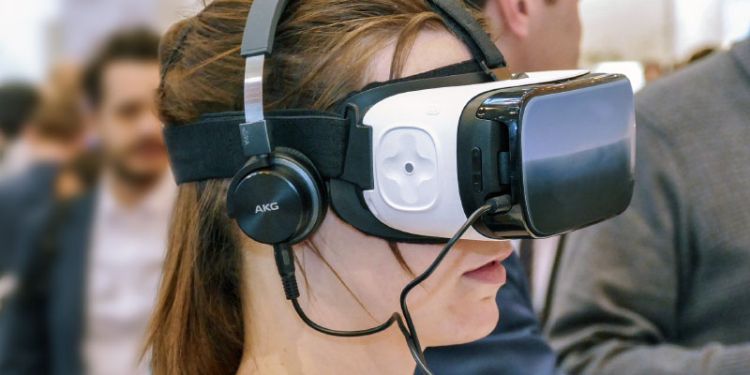University leads on 'game-changing' medical training tech

Technology designed by the University of Leeds now allows multiple students to observe what happens in a real medical consultation.
Medical students are now able to see and hear a medical consultation through a virtual clinical experience which works hand in hand with theory work and face-to-face training.
Leeds GP Andrew Norman hails the technology a step forward for medical students, adding “I think that, as long as it's unobtrusively placed and the patients are fully on board with it, it's a great way of reaching more students because not all consultation rooms are big, not all experiences are ones that patients want to share with individuals in the room. So actually to be able to stream, explain that to patients, which people are increasingly comfortable with, and to widen access is really useful.”
Brandon Wilson, a University of Leeds junior doctor, thinks the new technology is “a game-changer for medical education going forward”. “I think it gives medical students a wider variety of different placements that they can attend and join.”
Robyn Dean, a current University of Leeds medical student, adds that “it's really beneficial chatting with your colleagues whilst a consultation is going ahead because you can sort of discuss things that you've picked up on within that consultation if you're not quite sure what's going on.”
The University of Leeds is proud to be the first to have developed technology like this. Jane Kirby, Professor in Medical Education at the Unviersity of Leeds, explains the importance of this new training step.
“Our job is to train the next generation of the workforce, and we need to think how we can do that and some of that is thinking differently. Where you train affects the sort of patients you see, so if you train in a city, you see inner city practice, if you train in rural Scotland, you see a different practice, so this enables us to not have those geographical boundaries.”
Implementation of this into the University of Leeds curriculum is still in the pilot stage. Students currently volunteer to get involved, but experts say it's going well and things are looking promising for this method to be used at other universities across the country as well, including Liverpool, Glasgow and Aberdeen.




